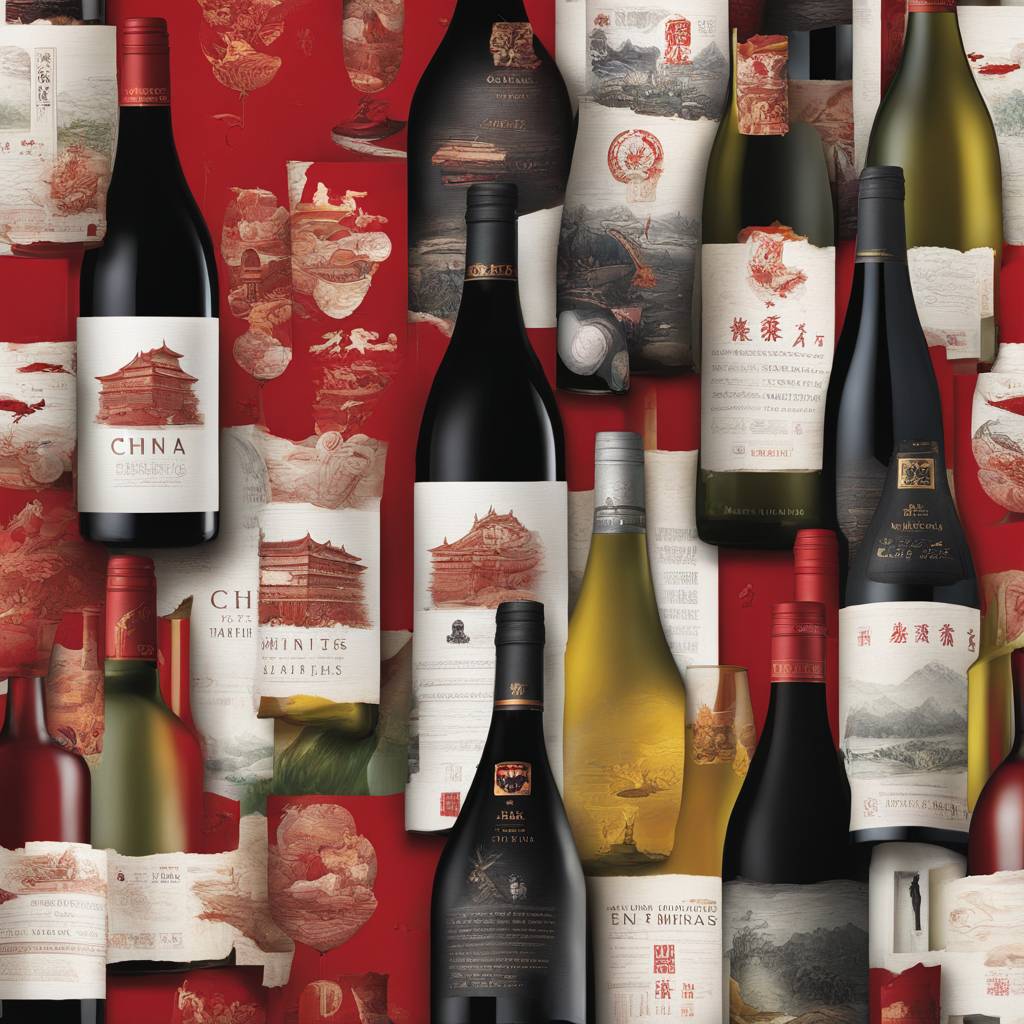In a significant development, China announced on Thursday that it would be lifting the tariffs imposed on Australian wine over three years ago. The initial imposition of tariffs in 2020 had led to strained relations between the two countries and severely impacted the Australian wine industry, causing a loss of a market worth 1.2 billion Australian dollars. Australian winemakers were left in a dire situation, with an excess of wine in storage and plummeting prices. The decision to lift the tariffs was welcomed by Australian Prime Minister Anthony Albanese, who emphasized the importance of removing all trade barriers affecting Australian exports.
The Australian wine industry had been suffering from the effects of the tariffs, with a large surplus of wine in storage since August. This surplus had led to significant financial losses for winemakers, who struggled to cover production costs even with the reduced prices of red grapes. The decision to lift the tariffs comes at a crucial time for the industry, but it will take time to deplete the excess stock and regain market stability. The lifting of tariffs is a positive step towards reconciliation between Australia and China, following efforts to ease tensions and improve diplomatic relations.
The easing of tensions between Australia and China began with a change in the Australian government and subsequent meetings between foreign ministers. This led to the release of a detained Australian journalist and the first visit by an Australian premier to Beijing since 2016. China had agreed to review the tariffs in October, leading to an interim decision by the Chinese Ministry of Commerce indicating that the tariffs were no longer necessary. Prime Minister Albanese had previously expressed confidence that the tariffs would be removed, highlighting the mutual economic interests of both countries.
The imposition of tariffs on Australian wine in 2020 was a response to statements made by then Australian Prime Minister Scott Morrison regarding the origins of the Covid-19 pandemic. China accused Australia of bias and political games and initiated an investigation into alleged dumping of wine at low prices. The subsequent anti-dumping tariffs imposed by China led to a significant drop in wine sales to China, triggering a complaint filed by Australia to the World Trade Organization. The cultural impact of the tariffs was felt by Chinese consumers, who shifted towards other alcoholic beverages.
The lifting of tariffs is expected to revive demand for Australian wine in China, with distributors preparing for an influx of popular Australian wine brands such as Penfold’s. While there may be a surge in demand initially, Australian winemakers will need to compete to regain market share and rebuild their presence in China. The removal of tariffs signifies a positive step towards normalizing trade relations between Australia and China, benefiting both economies and promoting stability in the region. The Australian wine industry will continue to navigate challenges and opportunities in the aftermath of the tariff removal, working towards long-term sustainability and growth.















